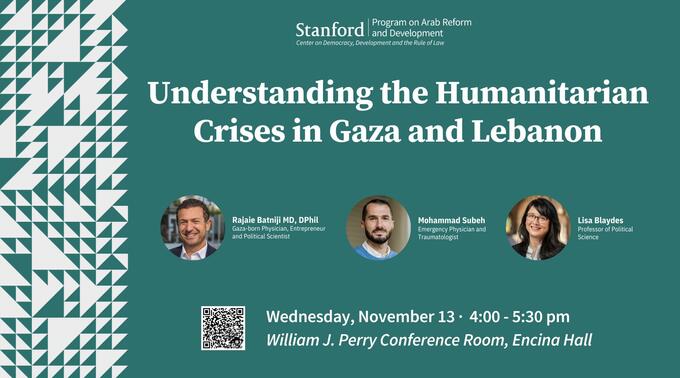CDDRL’s Leadership Academy for Development Announces New Public-Private Partnerships Program with the International Finance Corporation
The Center on Democracy, Development and the Rule of Law’s (CDDRL) Leadership Academy for Development (LAD) is pleased to announce a new partnership with the International Finance Corporation (IFC), a member of the World Bank Group, to deliver a new executive education program for senior public sector leaders and decision-makers in structuring and implementing sustainable Public-Private Partnerships (PPPs) for infrastructure development.
LAD is an executive training program for government officials and business leaders from emerging markets and developing economies. Its goal is to help the private sector become a constructive force for economic growth and development. The program teaches carefully selected participants how to be effective reform leaders, promoting sound public policies in sometimes complex settings.
This new partnership will provide case-based, tailored education to senior public sector leaders, leveraging the expertise of Stanford faculty and the IFC’s unparalleled experience in mobilizing private investment for critical infrastructure investments worldwide.
Subject areas include the establishment of strong legal and regulatory frameworks for infrastructure investment, capacity development in public sector PPP institutions, navigating political considerations in infrastructure development, integrating climate and sustainability goals into infrastructure planning, and assessing the costs, benefits, and risks of major infrastructure projects. The program will empower participants with the skills to deliver infrastructure policy solutions and projects that are sustainable, bankable, and which create value for money for their constituents.
Program Highlights
- The program will leverage LAD’s Framework for Public Policy Problem Solving. In small groups, participants will apply the Framework to an acute development or policy problem in the infrastructure sector, presenting their conclusions at the end of the course.
- Case study-based experiential learning is a core component of LAD teaching. Throughout the course, participants will debate and discuss key lessons from infrastructure project case studies in LAD’s case library.
- Participants will also receive lectures from Stanford faculty on topics ranging from the role of the state in private sector development, PPP structuring and project appraisal, contract oversight and management, project risk assessment, sustainable development metrics in the infrastructure sector, and many others.
“Our new program with the IFC builds on a decade and a half’s worth of experience in developing mid-career training for public leaders on policy implementation, which has been critical both to economic growth and to democratic legitimacy,” said Francis Fukuyama, LAD co-founder and Olivier Nomellini Senior Fellow at the Freeman Spogli Institute for International Studies (FSI) at Stanford University.
“The last decade has been a period of profound change in emerging markets infrastructure finance,” added Michael Bennon, Program Manager for CDDRL’s Global Infrastructure Policy Research Initiative. “This program is so timely because the success or failure of infrastructure development increasingly hinges on the capacity and governance of public institutions.”
“I am delighted that LAD has forged this new partnership with IFC,” shared Kathryn Stoner, Mosbacher Director of CDDRL. “By equipping participants to address immediate infrastructure challenges, this new program will lay a foundation for long-term, sustainable economic development in complex political, cultural, and economic environments.”
About IFC
IFC is the largest global development institution focused on the private sector in emerging markets. For more than 60 years, it has leveraged the power of the private sector for global good. Today, it’s using that experience to transform ideas into investments for green growth, inclusive jobs, and impactful projects.
“Delivering strong, bankable PPPs requires planning, strong infrastructure governance, innovative thinking, and close cooperation between partners,” said Linda Munyengeterwa, Global Director of IFC’s Public-Private Partnerships and Corporate Finance Advisory Services. “When it comes to PPPs, governments need to consider all their projects and prioritize and screen projects to determine which are most suited to the PPP model and which are better procured publicly. This training will help key decision makers advance their understanding of key issues affecting the feasibility and success of PPPs to help them leverage their infrastructure programs to better deliver economic and social benefits for their citizens.”
Read More

The Center on Democracy, Development and the Rule of Law’s (CDDRL) Leadership Academy for Development (LAD) is embarking on a new partnership with the International Finance Corporation to educate senior leaders on infrastructure policy, governance, and public-private partnerships.


 FSI researchers consider international development from a variety of angles. They analyze ideas such as how public action and good governance are cornerstones of economic prosperity in Mexico and how investments in high school education will improve China’s economy.
FSI researchers consider international development from a variety of angles. They analyze ideas such as how public action and good governance are cornerstones of economic prosperity in Mexico and how investments in high school education will improve China’s economy.





















